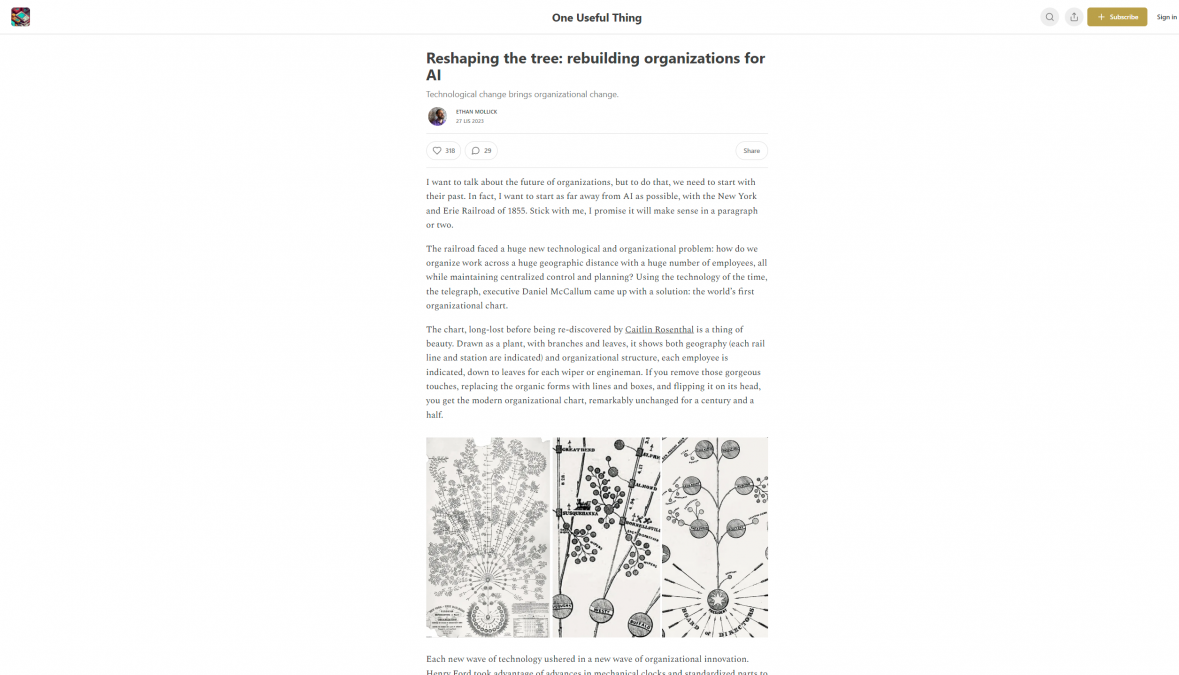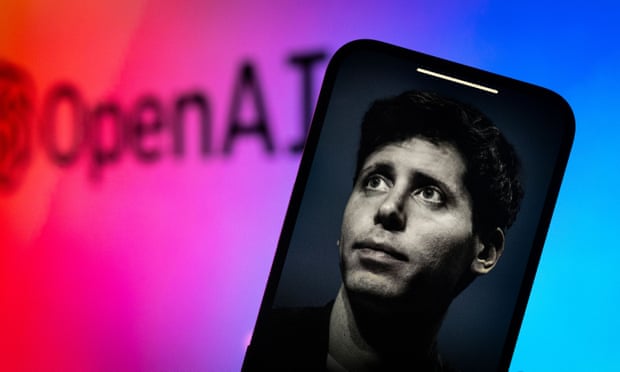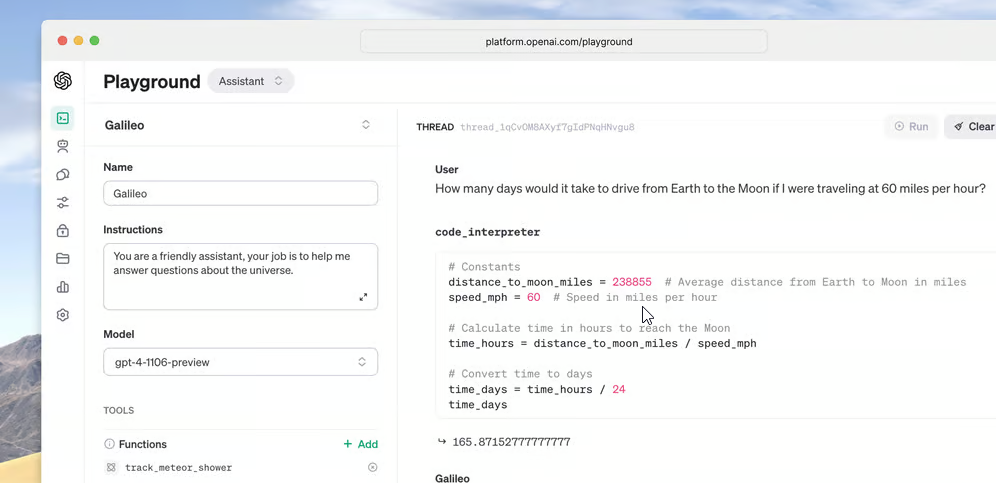This month was filled to the brim with drama worthy of an Emmy-winning show adaptation – the Big OpenAI power struggle. We will obviously take dig deeper into this matter, with some of insights provided by our CEO, Krzysztof Goworek. And don’t worry, we included other cool news as well – we’ll also talk about Twitter, OpenAI’s announcements at DevDay (that happened before you-know-what hit the fan) and more.
Let’s get the big one out of the way: The OpenAI 5 Day “Succession-like” drama. If you are out of the loop with the news, you can check out this thorough summary of the events, that shook the tech world:
When Mr. Altman, 38, was fired just after noon on Friday, OpenAI was pitched into chaos. Its employees and Microsoft, which has invested $13 billion in the company, were blindsided.
The A.I. company has an unusual governance structure. It is controlled by the board of a nonprofit, and its investors have no formal way of influencing decisions. But no one anticipated that four members of the board — including OpenAI’s chief scientist, Ilya Sutskever, a co-founder — would suddenly remove Mr. Altman, claiming that he could no longer be trusted with the company mission to build artificial intelligence that “benefits all of humanity.” The fallout was immediate. OpenAI’s president, Greg Brockman, who also helped found the company eight years ago, quit in protest. Cade Metz, Tripp Mickle, Mike Issac, Karen Weise, Kevin Roose
THE NEW YORK TIMES
One of the theories thrown around as to why Sam Altman was fired in the first place, was that the new advanced model – “Q*” – scared both the workers and the board. It’s just a rumour, that the new model raised such concerns, but it’s an interesting concept, like it’s taken straight out of a sci-fi movie:
Many experts are concerned that companies such as OpenAI are moving too fast towards developing artificial general intelligence (AGI), the term for a system that can perform a wide variety of tasks at human or above human levels of intelligence – and which could, in theory, evade human control.
Andrew Rogoyski, of the Institute for People-Centred AI at the University of Surrey, said the ability to solve maths problems not included in a model’s training set would be a significant development.
“A lot of generative AI regurgitates or reshapes existing knowledge, whether text, images or maths, including libraries of known maths solutions. If you can create an AI that can solve a problem where you know it hasn’t already seen the solution somewhere in its vast training sets, then that’s a big deal, even if the maths is relatively simple. Solving complex maths, unseen, would be even more exciting. Dan Milmo
THE GUARDIAN
But before all that happened, OpenAI announced some big things at Devday: GPT-4 Turbo with 128K context and lower prices, the new Assistants API, GPT-4 Turbo with Vision, DALL·E 3 API, and more:
Today, we shared dozens of new additions and improvements, and reduced pricing across many parts of our platform. These include:
• New GPT-4 Turbo model that is more capable, cheaper and supports a 128K context window
• New Assistants API that makes it easier for developers to build their own assistive AI apps that have goals and can call models and tools
• New multimodal capabilities in the platform, including vision, image creation (DALL·E 3), and text-to-speech (TTS) OpenAI
Interesting article on how technological change brings organizational change. The author provides examples of how his organization has integrated AI into various processes, such as generating documentation, coding, ideation, translation and more:

Reshaping the tree: rebuilding organizations for AI
Technological change brings organizational change. Read article ononeusefulthing.org
Our CTO taught the AI to generate scripts in the custom programming language we use (a modified version of Ink, a language for interactive games). We use it to add placeholder graphics, to code, to ideate, to translate emails for international support, to help update our HTML in our websites, to write marketing material, to help break down complex documentation into simple steps, and much more. We have effectively added multiple people to our small team, and the total compensation of these virtual team members is less than $100 a month in ChatGPT Plus subscriptions and API costs. Ethan Mollick
ONEUSEFULTHING
It’s not looking too good for X (formerly known as Twitter), as the platforms valuation has dropped off significantly since it’s been acquired by Elon Musk. But why?
This internal valuation marks about a 56% decrease in X’s value over the last 12 months, which doesn’t look too good. There are certainly many explanations as to why Twitter’s value has been halved, like how the platform has spent the last year killing global brand awareness, deplatforming journalists and aiding impersonation. Still, one number rarely tells the whole story of a company, especially when company valuations can be so arbitrary. Depending on who is calculating a company’s valuation — a venture capitalist, a government auditor or an egotistical billionaire — the resulting number can vary drastically. Fidelity, for example, has marked down its investment in X by 65%. Amanda Silberling
TECHCRUNCH






